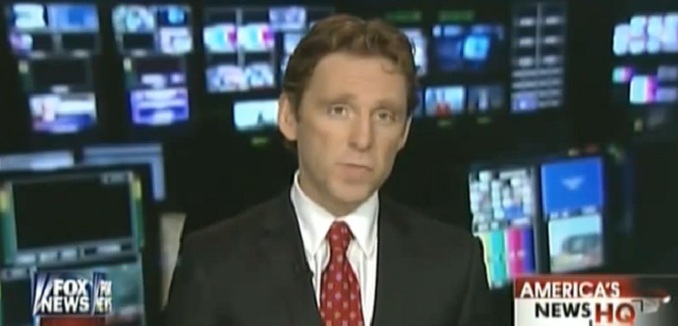The Obama administration is said to be considering a proposal that would provide non-sanctions financial relief to Iran in exchange for Iranian nuclear program concessions, giving the administration the flexibility to reciprocate confidence building measures without threatening the delicate sanctions regime widely credited for bringing Tehran to the bargaining table. The framework – outlined by Foundation for Defense of Democracies Executive Director Mark Dubowitz and first published by Bloomberg columnist Jeffrey Goldberg – would see the U.S. loosen restrictions which have kept roughly $50 billion frozen or semi-frozen in banks around the world.
“The basic theory of the case is, ‘I’m doing a deal with you, and we’ve all read ‘Getting to Yes,’ but we don’t trust you and you don’t trust us,” Dubowitz wrote. “This is about deal structure that rewards performance and punishes non-performance. You don’t get all the money up-front — there would be a balloon payment at the end — but you do get money. And we get to keep the sanctions in place.”
The proposal would functionally place a dollar value on Iranian concessions. The structure would partially address concerns of the kind expressed yesterday by the insidery security bulletin KGS NightWatch, which worried that Iranian president Hassan Rouhani would replicate the negotiating strategy he led in the mid-2000’s and “offer small compromises by Iran in return for major concessions by the West and others.” It would also allow policymakers to sidestep broadly held concerns that chipping away at the regime will quickly cascade into a full collapse. Goldberg also noted that Dubowitz’s basket of carrots is accompanied by a stick: if Iran doubled down on its intransigence, that administration would pursue a provision denying foreign financial institutions access to U.S. markets if they released financial reserves to Iran for any non-humanitarian reasons. The New York Times this morning followed up on the proposal, quoting a Senate aide praising it as preferable to earlier frameworks.
A Senate Republican aide said the proposal was preferable to an earlier offer by the West — rejected by Iran — to lift a ban on trading in gold if Iran agreed to shut down its Fordo enrichment facility, which is built in a mountain near Qum. “We thought that was a bad idea because it replenishes Iran’s coffers,” said the aide, who spoke on the condition of anonymity because of the delicacy of the subject. “In this case, the administration could come to Congress and ask, ‘Is closing Fordo worth $1 billion?’ ”




